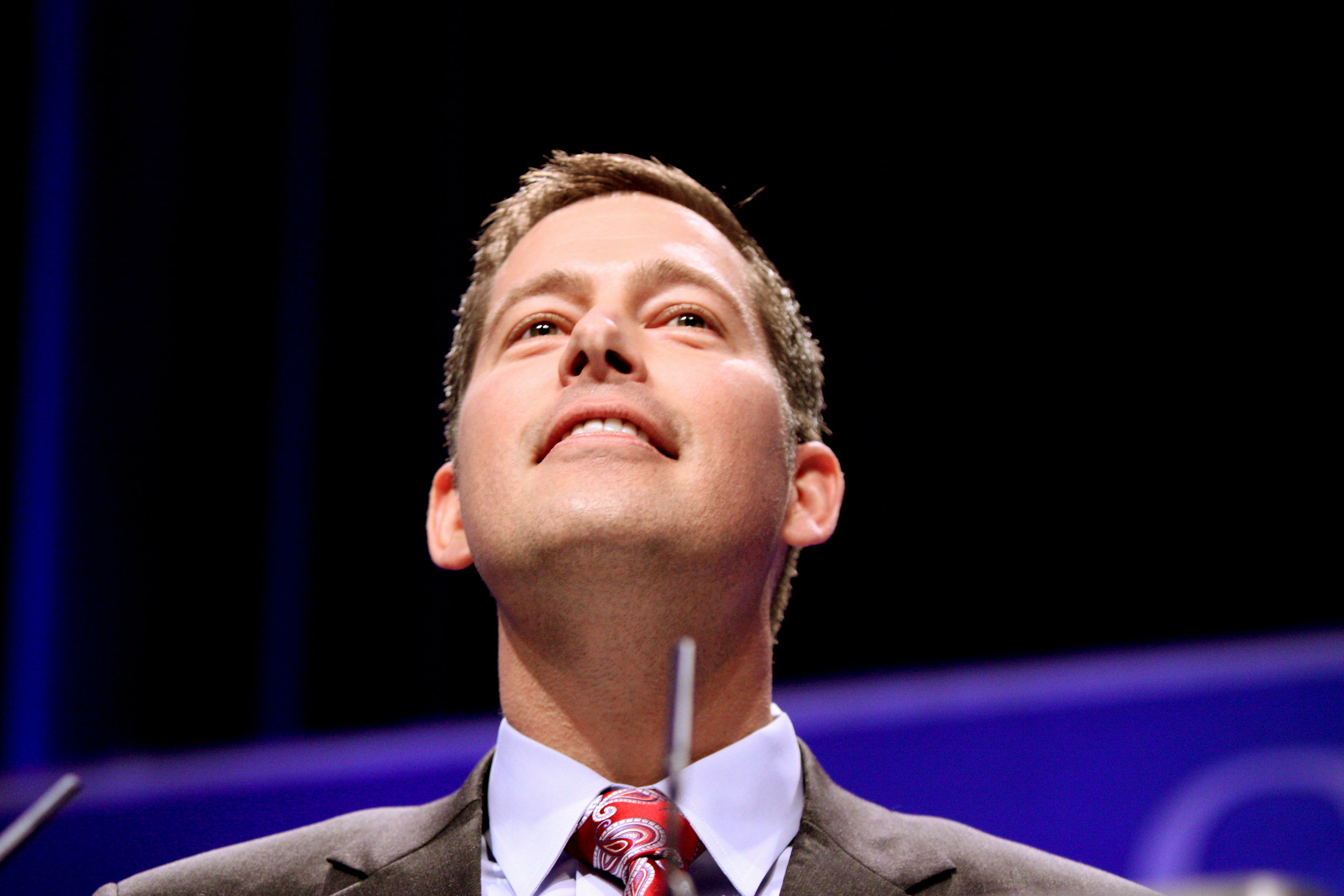The U.S. Department of Transportation is threatening to withdraw all financial assistance to communities that promote "diversity, equity or inclusion" or refuse to comply with federal immigration orders — a massive escalation in the Trump administration's attack on America's most vulnerable communities and a transportation system in need of reform, advocates said.
In an astonishingly broad letter issued on Thursday morning, Secretary Sean Duffy threatened the withdrawal of federal money spent on any "policy, program or activity that is premised on ... discriminatory policies or practices designed to achieve so-called 'diversity, equity, and inclusion' or 'DEI.'" The letter called such allocations "a clear violation of federal law," and did not appear to exclude funds usually guaranteed to states by federal formulas.
The administration further promised to pull that money even if those projects were "described in neutral terms" — possibly implying that the Trump administration would be the sole arbiter of what DEI was and wasn't, and could cut off funding even to projects that didn't include the long list of DEI trigger words for which federal officials have been screening.
The USDOT's claim that promoting DEI "violates Federal law" is based on the Supreme Court's ruling that affirmative action in college admissions is unconstitutional.There is no federal law banning DEI—in fact, federal law passed by Congress explicitly requires the promotion of civil rights.
— Yonah Freemark (@yonahfreemark.com) 2025-04-24T15:01:41.763Z
What those directives would actually mean in practice, though, was left vague — and the primary law that the administration cited in support of it was an unrelated Supreme Court decision (Students for Fair Admissions v. Harvard) barring affirmative action in college admissions.
Moreover, advocates were quick to point out that many other federal laws explicitly bar the federal government from violating the civil rights of disadvantaged groups, even in the name of elevating other priorities such as so-called "merit" — and many transportation laws explicitly call on DOT to put underserved communities first, too.
Under the Biden administration in particular, "underserved community" requirements were often explicitly fulfilled based on metrics related to equity and environmental justice — meaning virtually every federal transportation grant over the last four years could now be at risk.

The latter half of the letter doubled down on Secretary Duffy's earlier threats to deprioritize future federal funding for communities that refuse to comply with federal immigration orders, with a promise to immediately cut off funds to "sanctuary" cities and states — and even initiate "possible comprehensive audits and recovery of funds" that they've already received.
Duffy argues that because the Constitution says that "Federal law is 'the supreme Law of the Land,'"adherence to President Trump's immigration policies is a "prerequisite for receipt of DOT financial assistance" —never mind that said "assistance" comes from taxpayers in those states, and grants are often legally guaranteed to those states.
The American Immigration Council, though, argues that "courts have repeatedly held that the 10th Amendment prohibits the federal government from compelling states and localities to participate in immigration enforcement," and that even the Supreme Court considers the matter settled.
Moreover, research shows that policies like granting driver's licenses to undocumented immigrants — which Duffy claims will "compromise the safety and security of the transportation systems supported by DOT" — actually leads to significant reductions in hit-and-run crashes and overall road fatalities.

Duffy urged grant recipients to contact their DOT representatives for advice if they are alarmed about their ability to comply.
Advocates, though, are already eyeing a court battle.

Update 4/25: In response to the memo, House Transportation and Infrastructure ranking member Rick Larsen gave the following statement:
“Decisions about local transportation projects should be made by local communities,” Ranking Member Larsen said. “This latest missive from the Trump Administration injects more unnecessary chaos into infrastructure projects underway all around the country—the exact opposite of the long-term certainty these projects need to be successfully and efficiently completed. Culture wars have no place in transportation policy. Secretary Duffy should reverse course and allow projects around the country to be completed without ideological interference.”
US DOT did not immediately return a request for comment. This is a developing story and will be updated as more information becomes available.






